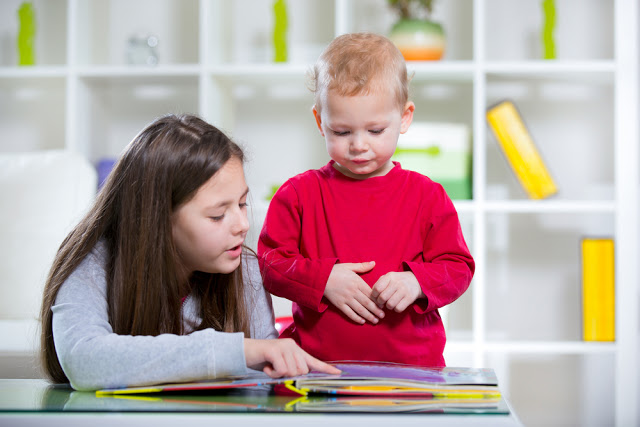The psychologists use cognitive and educational assessment to access the thinking abilities in children and adults. These assessments are conducted mainly to determine the mental health of children. This helps the parents and teachers gain insight into the child’s academic capacity and learning profile. These assessments mainly concentrate on the areas checking on the mental functioning of the brain that relates to memory, problem-solving and how the children work on the tasks given to them. It helps the parents and teachers understand and make informed decisions on the child’s learning needs, educational placement and learning environment. These assessments gathers all the academic achievements of a child. It provides the parents with comprehensive information on the child’s intellectual reasoning skills. This would help them to assist the child in developing the learning capabilities and enhance their academic strength.
Here is some information on what every parent must know about cognitive and educational assessment that every child must undergo based on their age and development.
Talk, Spending Time with Kids
Over eighty percent of a child’s brain is formed by the age of 3. Every time a parent speaks to the child, stimulation occurs in its brain. This forms the brain connection. It is said spending fifteen minutes with the child will cause several brain connections. Early childhood years are considered to be the most crucial time for neural development in kids. This is the time when brain development happens and enables them to communicate, move, think and do any work. Interacting with babies will help the child to hear your vocalizations and build their vocabulary.
Help Them Discovering their Abilities
Toddlers and infants are always curious about the things around them. They develop integrating and categorizing skills with their simple senses and motor skills. Provide them tools and a learning environment where they can experiment with their thoughts. You can get them toys as tools for this purpose. Stacking toys, slotting games will help them to integrate the toys based on its colors, size textures, and movement. Through playing, a child will experience balance and gravity causes in their body. Playing with water and sand will help them analyze the properties of liquid and solid. Joining with them in this learning process, parents can help them discover their new abilities and share their joy with them.
Building a child’s vocabulary
With the help of cognitive and educational assessment, parents can guide their child on verbal reasoning, expressing thoughts through words, visualizing and solving of nonverbal problems, etc.
Learning small words and understanding the use of it is essential. Children have to be engaged in meaningful conversations so that they develop learning skills with respect to the events happening around them. By reading a simple story to them, you will be helping your child by providing them good verbal stimulation which will make it easier to communicate by the time they enter school.
Help in Developing their Different State of Minds
It is very important to help a child to understand the mental and emotional state of mind. This phase of growth will help them develop their socializing skills and guide them on how to get along with other people. Always have conversations with your child that refers to the mental state of the people around them. This will always help them get the awareness of themselves and also on those people around them.
Developing Logical Thoughts
Engage your child in developing logical skills like problem-solving, hypothetical thinking, etc. Providing them puzzles and mental aptitude tests will help them develop their abilities in applying analogies and also aid in strengthening inductive and deductive reasoning.
It is always important to get cognitive and educational assessment to be done by certified professionals to get a clear picture of what you have to provide to your child.
Zac Ferry is a good experience writer, blogger, and social media promoter by providing valuable information which helps readers to get more ideas.

